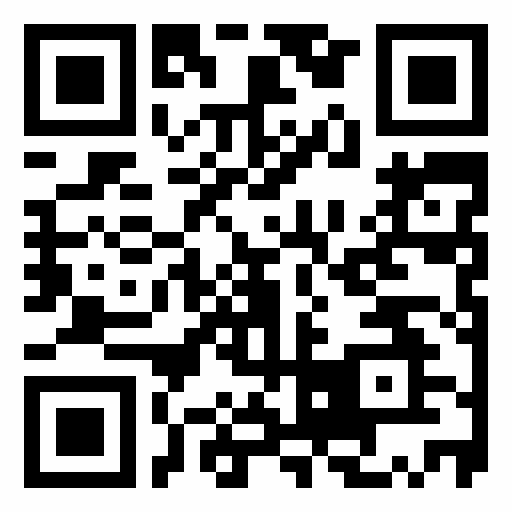Background: Moral distress has adverse effects on individuals' performance. The present study aimed to investigate the mediator role of moral distress in the relationship between ethical performance and job burnout among nurses.
Methods:This cross-sectional study was conducted in 2017 in educational hospitals of Jahrom University of Medical Sciences. One-hundred nurses were selected randomly. The main tool for collecting data was three questionnaires. Maslach Burnout Questionnaire used to measure job burnout. Dehghani Ethical Performance Questionnaire for nurses used to assess ethical performance. To investigate moral distress, Corrli and Moral Moral Distress Questionnaire (2012) used. Data analysis was done using SPSS19 software, by one-variable and multi-variable linear regression tests.
Results:Using linear regression by ENTER model, reveal that all three subgroups of moral performance could predict 12.5% of moral distress. However, they were able to predict 9.9% of the individual's competency changes. It was determined that moral distress could predict 4.5% of change in emotional exhaustion, also 8.5% of change in depersonalization. It was revealed that ethical distress and ethical performance could account for 6.1% of the changes in job burnout in the dimension of emotional exhaustion. Likewise, they could predict 7.2% of the changes in job burnout in the dimension of individual competency, also, 8.8% of the changes in job burnout in the domain of depersonalization.
Conclusion: Moral distress has a positive and effective mediator role in the relationship between ethical performance and job burnout. So that any intervention program to reduce job burnout without considering these two variables will not be effective.
